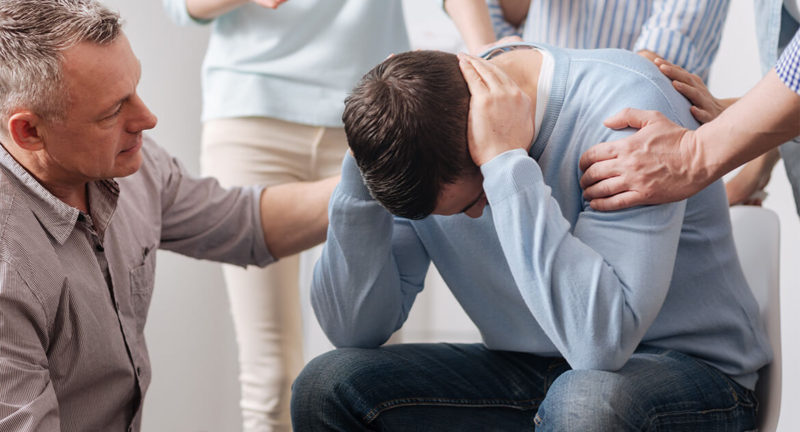
10 Signs of Hypomania
Individuals with bipolar 1 disorder may experience mania, while individuals diagnosed with bipolar 2 disorder are more likely to experience hypomania. Hypomania is typically more mild than mania and doesn’t last as long as manic episodes.
Both hypomania and mania are periods of excited behavior that can have a significant impact on your daily life. If you suspect you have hypomania or mania, our multidisciplinary team encourages you to reach out to us for a bipolar evaluation.
In the meantime, let’s take a look at what hypomania is and how it’s treated.
10 Signs of a Hypomanic Episode
1. Extremely talkative
While some people are naturally more talkative than others (which is normal and okay!), a sudden shift to being more talkative than normal (whatever is normal for you) can be a sign of hypomania. This includes:
- Not being able to listen to others or letting others talk because you’re talking
- Talking very rapidly
- Talking very loudly
- Jumping from topic to topic
2. Elation or giddiness
It’s normal to experience highs and lows throughout your day, but a sudden giddiness (without any clear cause) can be related to hypomania. These moods are marked by feelings of elation and euphoria and increased energy levels.
3. Irritability
While elation and giddiness are linked to hypomania, the flip side is also true: you may see a marked increase in irritability. This includes:
- Being argumentative
- Being easily agitated
- Feeling easily irritated by everything
- Rapid mood swings
- “Rage” attacks
- Children in a hypomania episode may swing quickly from irritation to elation.
4. Decreased need for sleep
Manic episodes are often marked by periods of extreme energy. During a manic episode, you might not feel the need to sleep, or you may get by with very little sleep. Hypomania is also marked by a decreased need for sleep and lots of energy.
5. Racing thoughts
Racing thoughts can cause you to shift quickly from one topic to the next. Some people describe this as a swirl of thoughts in which your words can’t keep up with your thoughts.
6. Grandiosity
Grandiosity is a symptom experienced during both manic and hypomanic episodes. People experiencing grandiose delusions often describe larger-than-life feelings. This can include feeling invincible, superior, or invulnerable.
7. High energy
Even without adequate sleep, hypomania can lead to high energy.
8. Distractibility
Can’t focus? Easily distracted? These can be signs of many mental health conditions, including anxiety, ADHD, and bipolar disorder. A proper diagnosis ensures you get the right treatment, so don’t hesitate to share all of your symptoms, including distractibility.
9. Impulsivity
Along with racing thoughts and high energy comes impulsivity.
10. Increased goal-directed activity
Have you started multiple projects? This could be a sign of increased goal-directed activity. When paired with excess energy and little sleep, you could get swept up in the whirlwind.
Are You Dealing with Hypomania or Mania?

Bipolar Treatment in Louisville, Kentucky
Because bipolar disorder can profoundly impact your life, it’s essential to work with a compassionate and experienced provider who understands the complexities of this disorder. At Next Step 2 Mental Health, we know that living with bipolar can be challenging, but the right treatment can help.
Treatments include:
- Medication
- Psychotherapy
- Therapy
If you or a loved one are experiencing any of the signs of Bipolar Disorder – or need help managing Bipolar Disorder — we can help you take your next steps. Call our office today at 502-339-2442, or book an appointment online.
Related Posts
Bipolar Disorder Q&A
Bipolar disorder – formerly called manic depression – is a mental...
What is Bipolar Disorder?
One of the most dangerous aspects is that multiple untreated manic or hypomanic...


